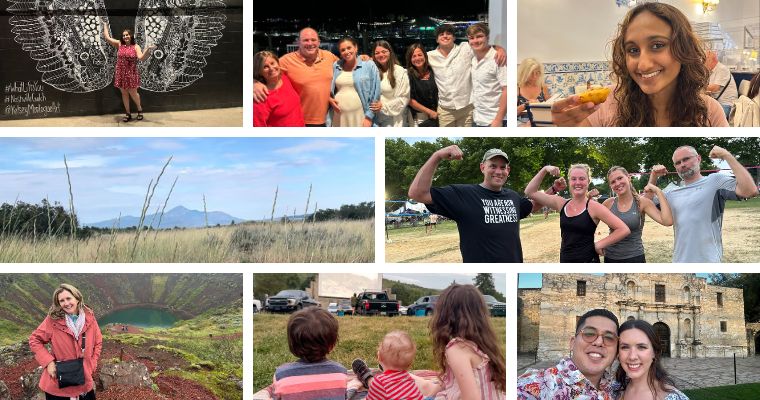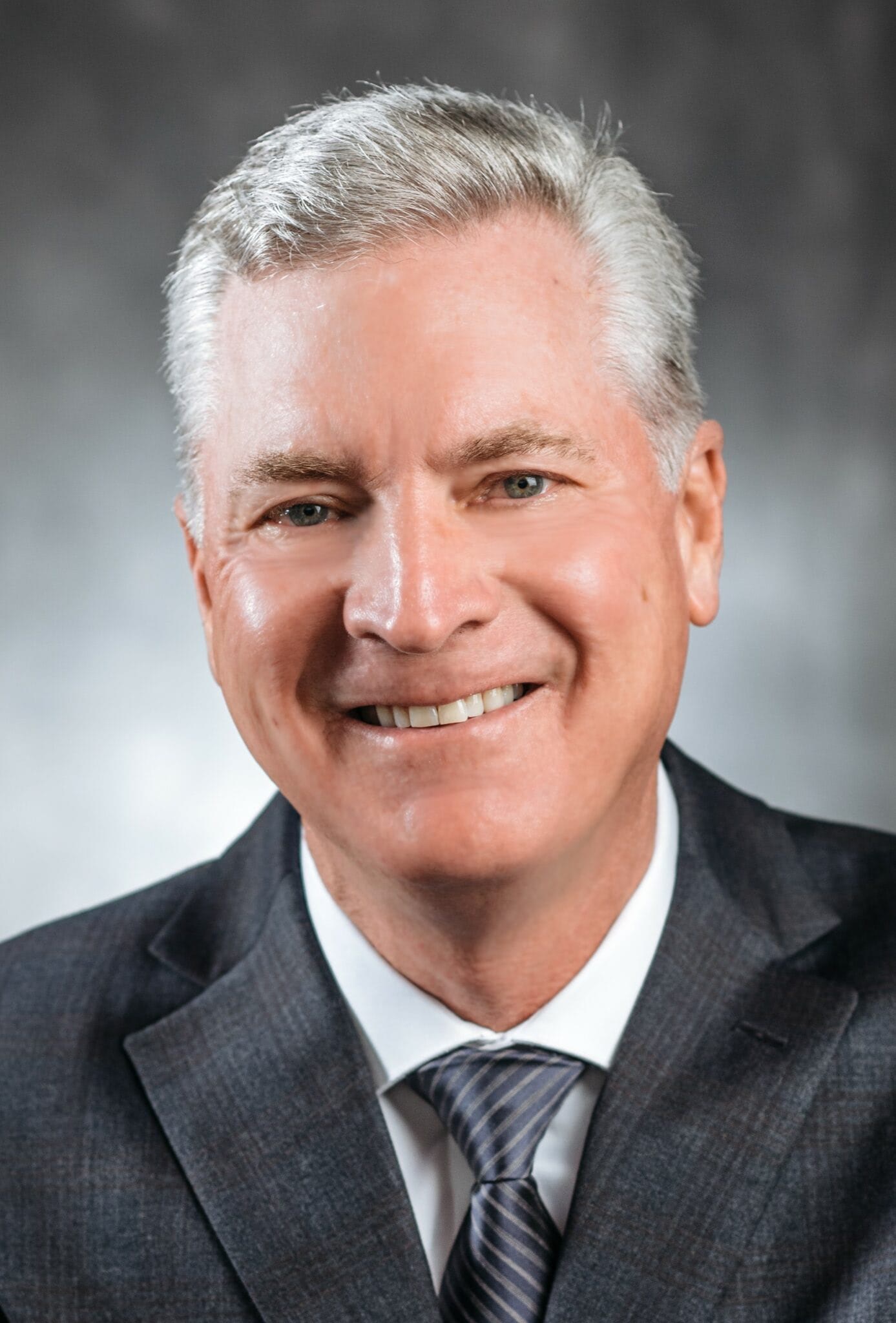It’s that time of year when state budgets are being finalized. Recently, Sandy interviewed Andrea Mansfield, a Lobbyist and an Associate with Manis Canning & Associates, to get some “do’s and don’ts” for economic developers to better navigate the legislative season.
Here are the helpful tips Andrea shared, as well as some explanations about how the legislative process works…
What’s appropriate or inappropriate for a public sector economic developer to say as it relates to pending legislation?
DO be quick and to the point. Meetings are scheduled in 15-minute increments, so there’s not time for a lot of fluff.
An example of an outline of what to say would be:
- This is the issue.
- This is why it’s a problem.
- This is how it will affect the community.
- This is how it will impact businesses in our jurisdiction.
DON’T be disrespectful. There will be different opinions. Put your views out there clearly about why something is good or bad, but do it in a professional and respectful way.
How do you communicate that a piece of legislation could be harmful or have a negative impact?
DO share concrete examples and data. From an economic development perspective, if it’s a new project you’re working to get funding for, you’d want to have data such as:
- How many jobs will it create?
- What are the salary levels for those jobs?
- How will that benefit the economy of your jurisdiction?
DO understand the other side of the issue. It’s helpful to have the information about what your opponent might say and to anticipate questions from members. When testifying before committees, members will hear from advocates on both sides of the issue. You want to clearly state your position, but also be able to address points that may be raised by the opposition.
How do you help your clients prepare for testimony?
We really talk through what has been described above to craft a persuasive agreement in support of the issue. There is both written and oral testimony. Your written statement should be no more than two pages and clearly lay out your position in the beginning and include data and examples. Oral testimony before a committee is no more than three minutes – not a lot of time. We help clients prepare talking positions for a succinct persuasive argument. We will also talk through concerns or questions that may be asked by members to be sure clients are prepared when they are at the table.
Is your advice different for public sector vs. private sector? Does either side have more credibility or a better stance?
Not really. Our advice is crafted around the issue. Regardless of public or private sector, you need to identify key members and others who have an interest in your issue or create that interest. It’s kind of a three legged-stool. You need support from General Assembly leadership/members, the Administration, and other partners. We help our clients build a strategic plan identifying the appropriate individuals within these sectors to generate support for our client’s funding and policy initiatives.
How can people best plan for proposing a new piece of legislation?
Start laying the groundwork in advance. Depending on the issue and how difficult it might be, you might need one year of an education process where you get the issue out there and start the conversation. Then, the next year, you can bring it to a legislator to sponsor a bill.
Business is built on relationships. Building trust takes time, so start building relationships early. That’s where working with a firm like ours can be helpful, because we’ve already established relationships and trust.
Here’s a summary of some of Andrea’s tips…
- Be honest and respectful, while being quick and to the point.
- Do your homework. Anticipate what the other side is going to say.
- Share what you think the other side’s position is when you’re meeting with a member of the general assembly.
- When giving a testimony, share what the other side is likely to say in response to you, and give your argument to handle their objection.
- Be nice to staff – they’re the front line to get you in the office for meetings.
- Remember that you’re there to educate them.
Andrea said: “Back when I was an intern, our intern coordinator said, ‘It doesn’t matter who you see when you’re walking through a hallway. Be polite and say hi. You don’t know who that person is or who they know.’ And the other piece I got when I first started out was: ‘You’re there to educate them. Think of yourself as the expert coming in to talk to them.’ That’s always stayed with me.”
We hope these tips from Andrea help you as you prepare for the incoming legislative season! To learn more about Manis & Associates, go to https://www.maniscanning.com/
And if you need help with your messaging and communications to support any legislative or economic development program you’re working on, reach out to us for a complimentary 15-minute consultation here.
Reimagining Places With You,
Sandy Dubay, CEcD and the PPR Strategies Team








